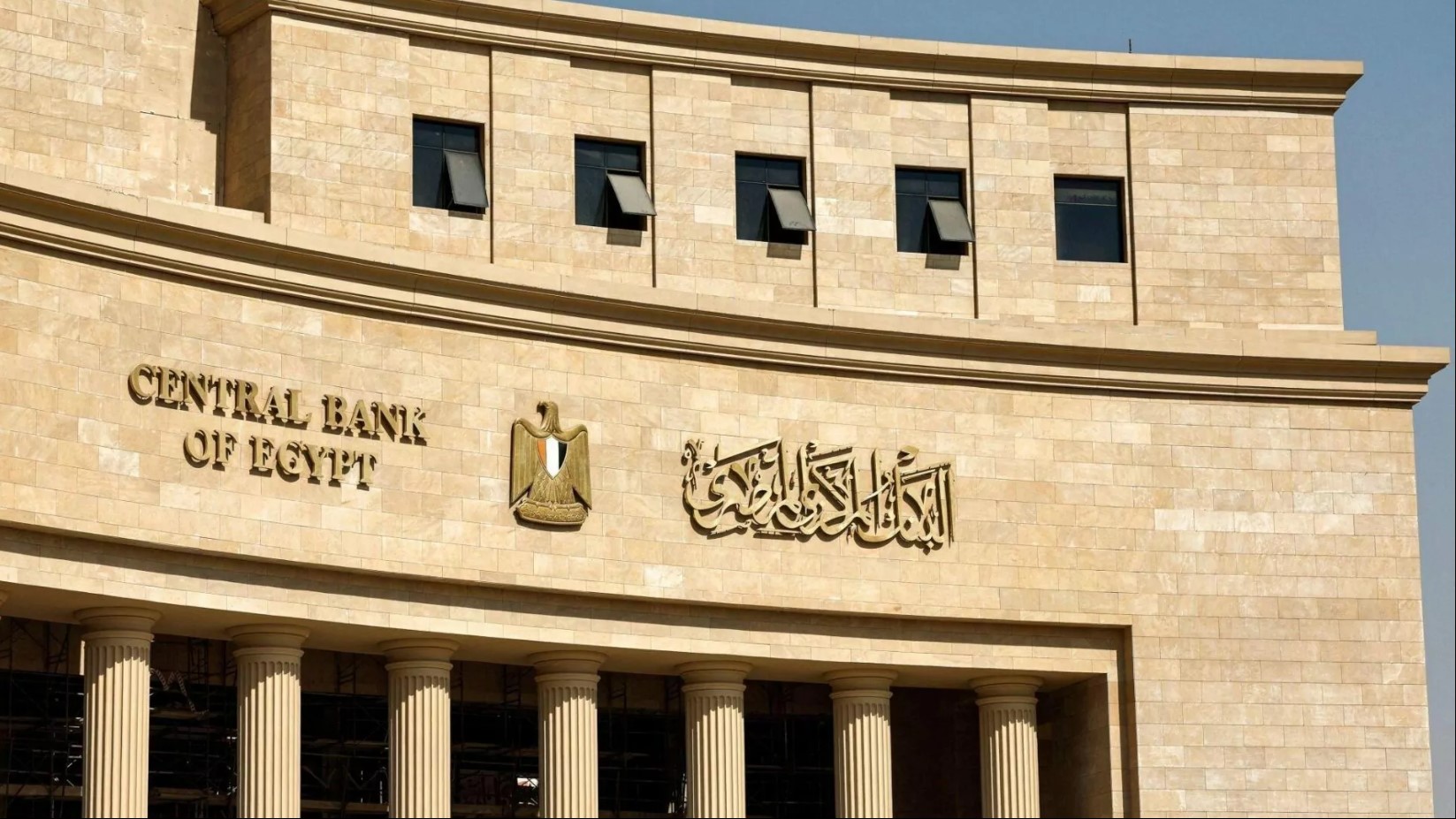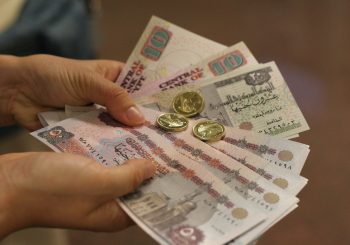Egypt’s net International Reserves (NIR) climbed to USD 46.597 billion (EGP 2.25 trillion) in August from USD 46.49 billion (EGP 2.25 trillion) in July, representing a gain of approximately USD 110 million (EGP 5.32 billion), according to data from the Central Bank of Egypt.
Egypt’s NIR, also known as foreign currency assets, are held by the central bank as a safeguard for the nation’s economic stability. It’s comprised of foreign currency assets, gold, and special drawing rights (SDRs) with the International Monetary Fund (IMF),
NIR assets, fully under the bank’s control, include deposits and securities abroad, ensuring liquidity for precautionary and transactional needs.
While data from the Central Bank of Egypt reports that foreign currency reserves remained largely unchanged in August, rising slightly by USD 9 million (EGP 435.15 million) to stay within the USD 36.3 billion (EGP 1.76 trillion) range, gold reserves saw a significant increase, climbing by USD 379 million (EGP 18.33 billion) to USD 10.3 billion (EGP 498.205 billion), up from USD 9.9 billion (EGP 478.8 billion) in July.
Meanwhile, SDRs dropped sharply, falling by USD 282 million (EGP 13.62 billion) to USD 20 million (EGP 967 million), down from USD 302 million (EGP 14.6 billion) the previous month.
Egypt’s reserves are managed with strict internal oversight, guided by three core principles: safety, liquidity, and the maximization of returns, according to the Central Bank of Egypt. These priorities guide strategies that address external debt management, aiming to reduce vulnerabilities in the country’s debt portfolio.
In the six months since the government secured the USD 35 billion (EGP 1.69 trillion) Ras El Hekma agreement, Egypt’s net foreign reserves have surged nearly USD 11.3 billion (EGP 546.755 billion), reaching a total of USD 46.6 billion (EGP 2.25 trillion) from USD 35.3 billion (EGP 1.71 trillion) reserves recorded in February, according to the latest data from the central bank.
The deal provided the central bank with a crucial buffer to float the Egyptian pound, which has since drawn foreign exchange liquidity back into the official banking system and opened doors for increased international investment.
A banking expert told El Watan News that the increase in net foreign assets within Egypt’s banking sector has led to a positive shift in the outlook for four local banks, resulting in Fitch Ratings upgrading their credit ratings. This growth has also attracted renewed foreign investment in government debt securities.
Even while managing significant debt repayments, Egypt’s gradual increase in NIR signals a positive shift in the country’s economic recovery.







Comments (0)